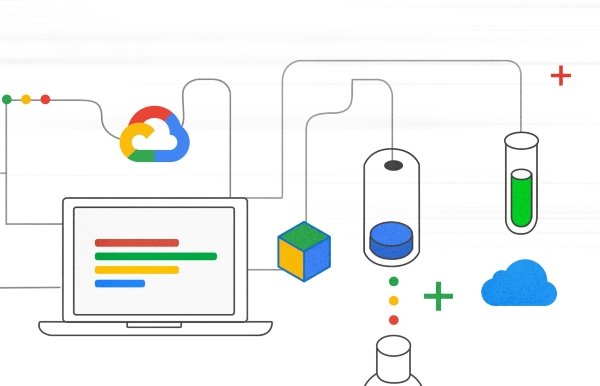In good news for developers who use Google Cloud Functions and .NET Core alike, Google has now introduced .NET on Google Cloud Functions. Google Functions, a function-as-a-service platform, has been a helpful addition to Google Cloud. It has helped developers build stand-alone functions without needing them to handle the burden of server management. Prior to this, Google Cloud has had support for frameworks for Node.js, Python, Java, go, and, of course, Google Cloud Platform.

.NET on Google Cloud Functions
Although several modes were available on the Functions platform, the introduction of the .NET Core 3.1 opens up new opportunities for developers, considering how scalable and popular .NET has been since its inception. For thousands of developers proficient in .NET Core 3.1, creating the aforementioned type of stand-alone functions has become easier than ever. In a blog post detailing the change, Google added that Visual Basic and F# support is brought to Functions and the .NET addition.
“We’re bringing .NET Core 3.1, a free, cross-platform and open-source platform for Windows, Mac and Linux, to Cloud Functions. With this integration you can write cloud functions using your favorite .NET Core 3.1 runtime with our Functions Framework for .NET, for an idiomatic developer experience!” Google said.
Through the addition of a highly-scalable software framework for Windows, Linux, and macOS into Functions, Google has also brought in support for HTTP functions and CloudEvent functions, both of which are very handy. There is also an option to develop the functions locally and later put them in a cloud-based deployment. It’s also great that developers can now deploy the same function in any .NET Environment, amplifying the future possibilities.
In the same blog post, the Google Developers team has shown some examples as well. For instance, they have demonstrated how easy it is to write HTTP cloud functions and CloudEvent functions that work with Pub/Sub. If you are new to functions development, you can also check the .NET Quickstart guide that Google Cloud has released as a part of this transition.
On the one hand, this is an excellent addition to the developer community, but on the other, the addition deserves a unique recognition as well. This is because Microsoft has a direct competitor to Google Cloud Functions — namely Microsoft Azure Functions. Both these services enable creating stand-alone functions that don’t want developers to worry about server management. It should be noted that the .NET support in Google Functions is in Preview mode, but developers can start using it today.